Indications:
●Primary treatment for schizophrenia, addressing complex symptoms like hallucinations and delusions.
●Bipolar disorder management, including manic, depressive, and mixed episodes.
●Augmentation therapy for major depressive disorder (MDD), in cases where standard antidepressant responses are elusive.
●Off-label applications may include treatment of anxiety disorders, insomnia, and as adjunct therapy for PTSD.
Administration Guidelines
Oral Administration:
●Administering quetiapine entails oral consumption, available as immediate-release (IR) tablets or extended-release (XR) tablets, offering versatility in dosing schedules appropriate to the patient's diagnostic and therapeutic requirements. Improved outcomes often hinge on a personalized titration strategy, beginning with conservative dosages and incrementally adjusting to establish the minimal effective dose for maintenance therapy.
Dosage Forms:
●Immediate-release tablets taken once or multiple times daily, contingent on the clinical directive.
●Extended-release tablets formulated for once-daily intake to secure consistent levels of the medication throughout the day and night.
Safety Preclusions
Pregnancy and Breastfeeding:
●The implications of quetiapine usage during pregnancy and breastfeeding are not definitively characterized and necessitate a judicious examination of the potential hazards against the anticipated therapeutic gains.
Long-term Use:
●Those prescribed quetiapine for extended periods should be under vigilant medical supervision to identify any adverse effects promptly, ensuring ongoing assessments of metabolic parameters and mental health status.
Drug Interactions:
Quetiapine can interact with diverse medicines and substances, including CNS depressants, antihypertensives, and drugs influencing hepatic enzymes. To preclude deleterious interactions, patients must transparently communicate their complete medication regimen, including over-the-counter medicines and herbal supplements.
|

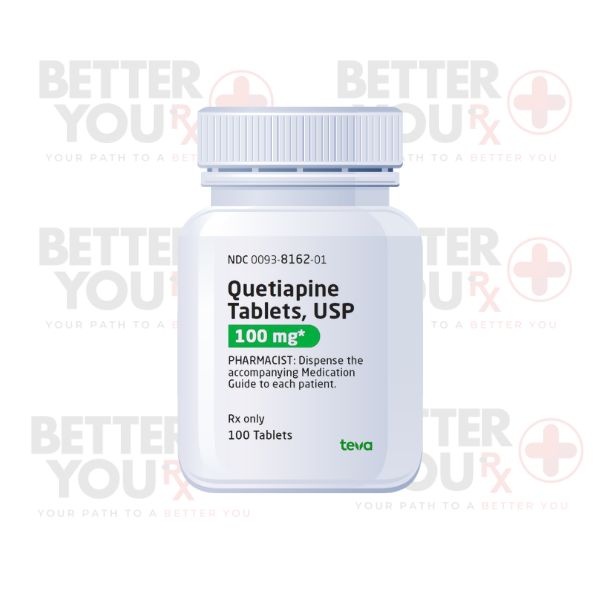

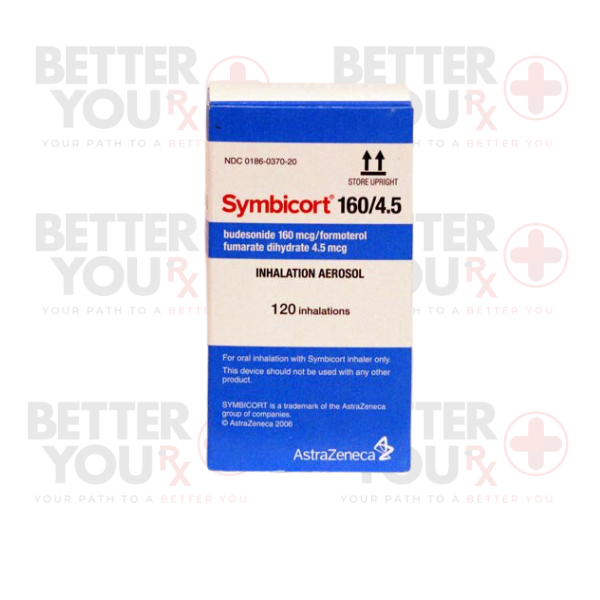
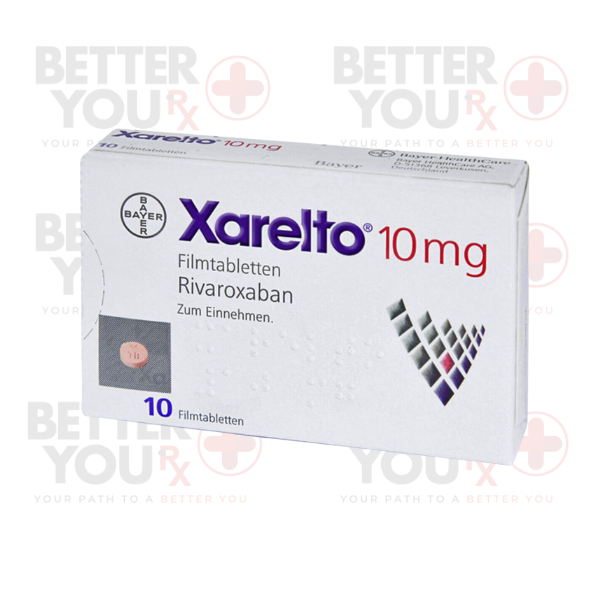

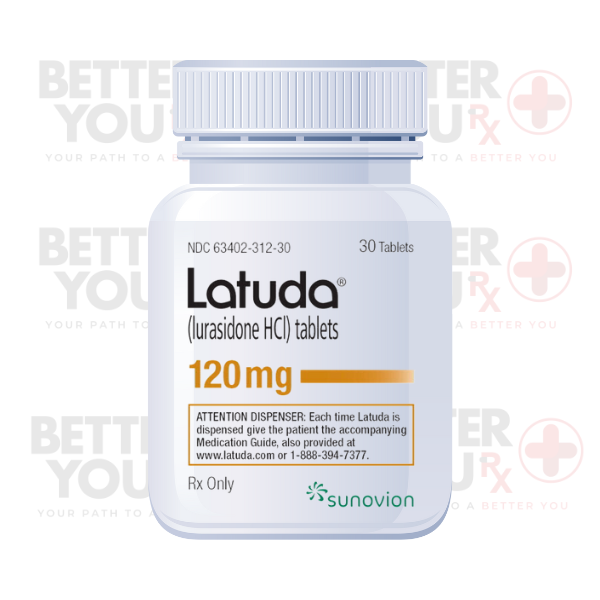


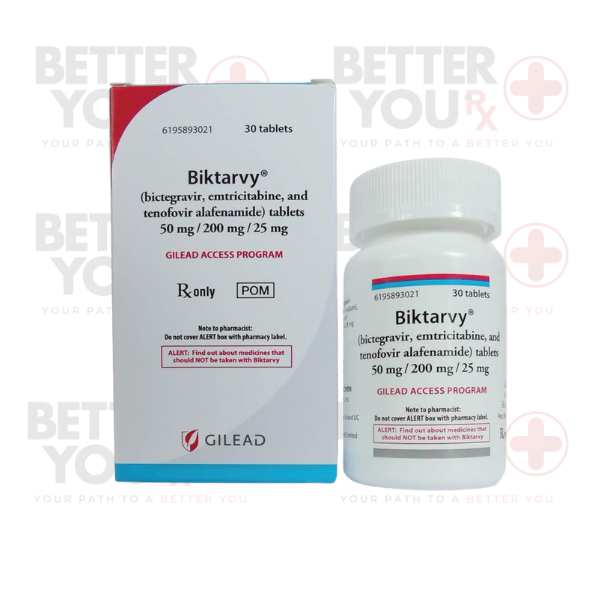
Reviews
There are no reviews yet.